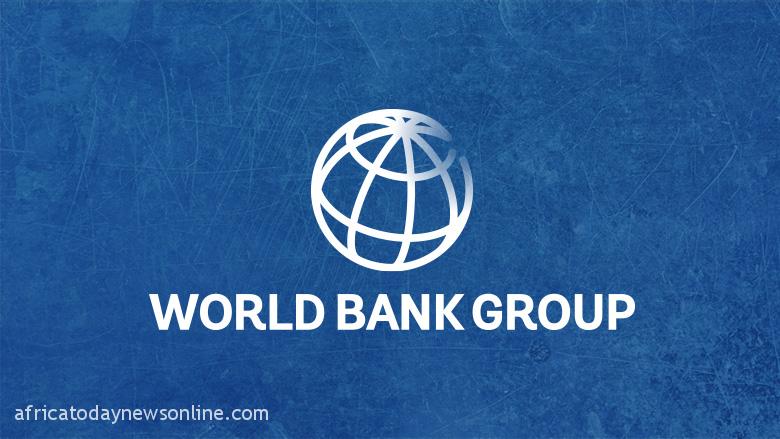President David Malpass of the World Bank Group (WBG) said that he was very worried about the impact of economic crises on developing countries in the run-up to this year’s Springtime Gatherings of the International Monetary Fund (IMF) and the WBG.
During a pre-event media conference, Malpass noted that he was looking forward to discussing solutions with key stakeholders during the Spring Meetings, which started recently.
The head of the World Bank says that interest rate rises and rising prices for things like food, gas, and fertilizer are big problems for the world. This will have a big impact on developing countries.
Read Also: End Fuel Subsidy In Six Months, World Bank Advises Nigeria
Before that, the IMF, World Bank Group, WTO, and UNWFP made a joint statement that warned of an impending food crisis and called for more aid for developing countries. His concern comes less than a week after the statement.
Malpass told the media yesterday that current difficulties, as well as the crisis in Ukraine and China’s COVID-related shutdowns, are “pushing global growth rates even lower and poverty rates even higher.”
“We’ve lowered our 2022 growth rate to 3.2 per cent from 4.1 per cent before. People are facing reversals in development for education, health and gender equality. They’re facing reduced commercial activity and trade. Also, the debt crises and currency depreciations have a burden that falls heavily on the poor.”
He said that his recent trips to Senegal and Morocco exposed him to the difficulty of rising energy and fertilizer prices in the two countries, as well as everywhere in the developing world, emphasizing that, “this is an intense problem”.
“Food crises are bad for everyone, but they’re devastating for the poorest and most vulnerable. There are two reasons. First, the world’s poorest countries tend to be food-importing countries. Second, food accounts for at least half of total expenditures in household budgets in low-income countries, so it hits them hardest,” WBG President added.
He urged governments to take prompt measures to stimulate the production of food, energy, and fertilizer, emphasizing the substance of last week’s press release. He said that reducing trade and production barriers for food and other important goods was very important.
“Global trade is still facing quotas, high import tariffs, high export tariffs, expensive food price subsidies and even export bans on food products. These should stop. The international community needs to immediately step up emergency assistance for food insecurity and help bolster social safety nets. From the World Bank’s standpoint, we are providing roughly $17 billion per year to strengthen food security – a big part of the global effort,” he said.
Malpass talked about more WBG reactions to war and COVID-19, and he asked rich countries to help the poor, who had been hit the hardest by the crises.
At the World Bank’s annual meeting in Zurich, IMF chief Olli Rehn said that central banks need to use more tools to tackle inflation and the widening of the global wealth and income gap. He called for the implementation of the Common Framework, including the suspension of debt service payments and penalty interest, and expanding eligibility for creditors’ committees.
Jennifer Cooper contributed reporting, and MarkAnthony Nze, Ph.D. edited the piece for Africa Today News, New York.
